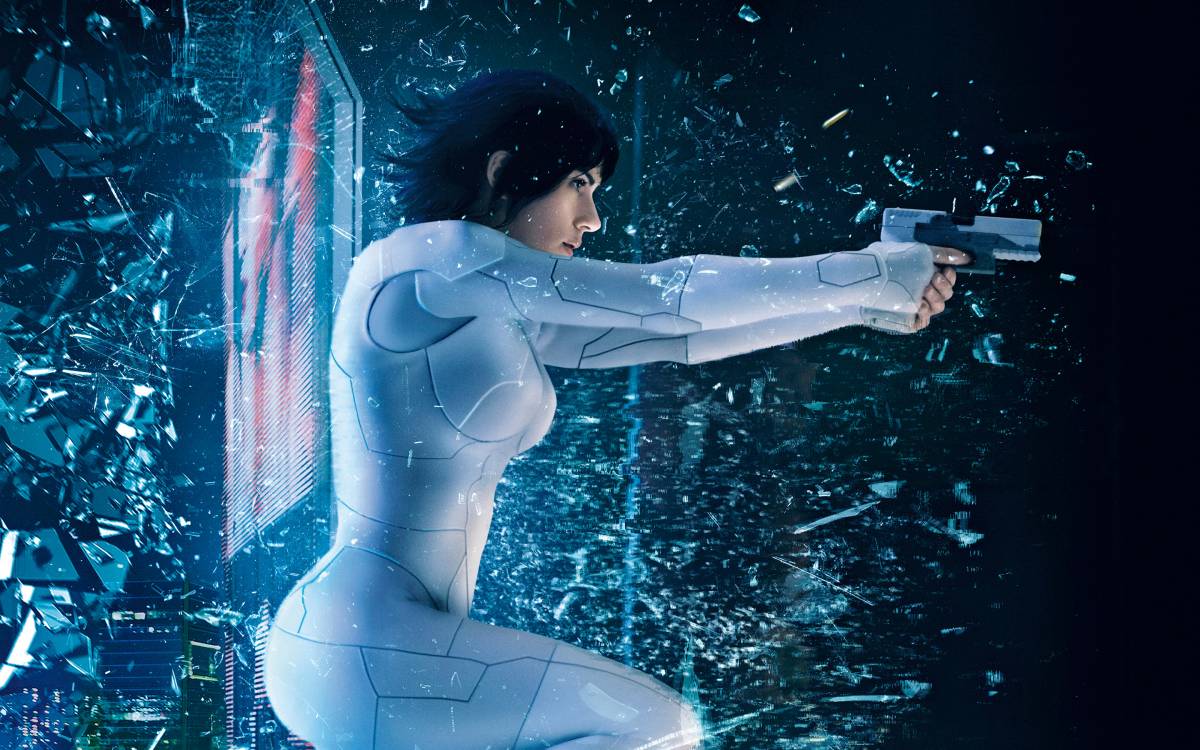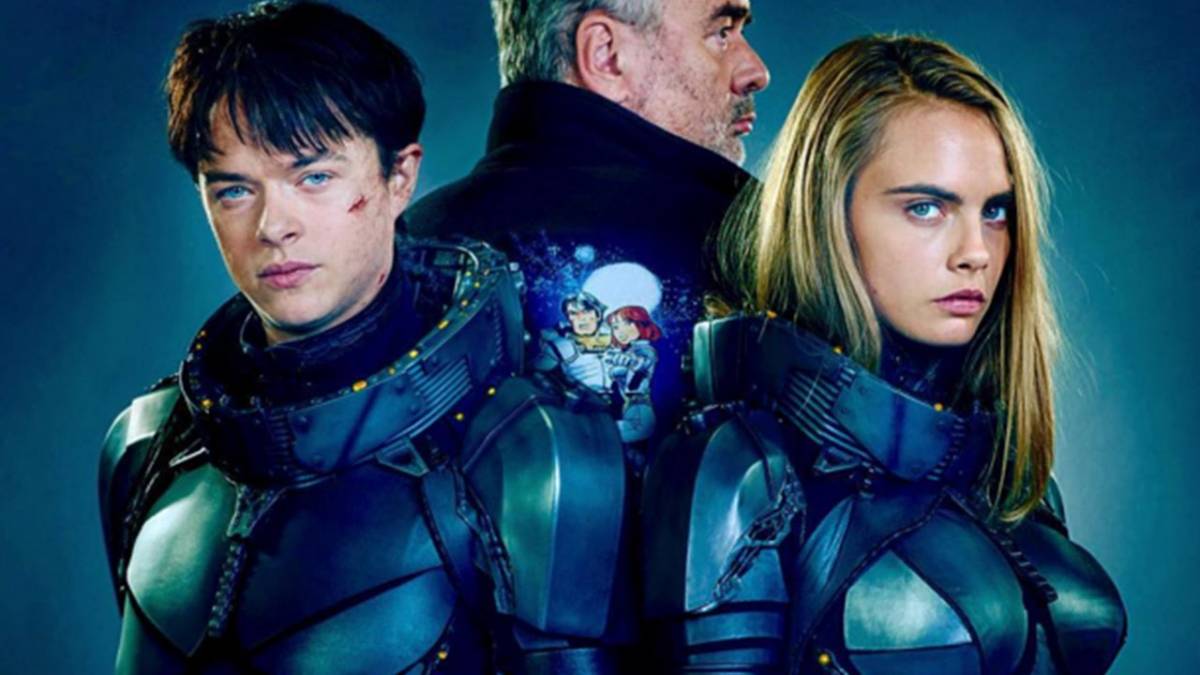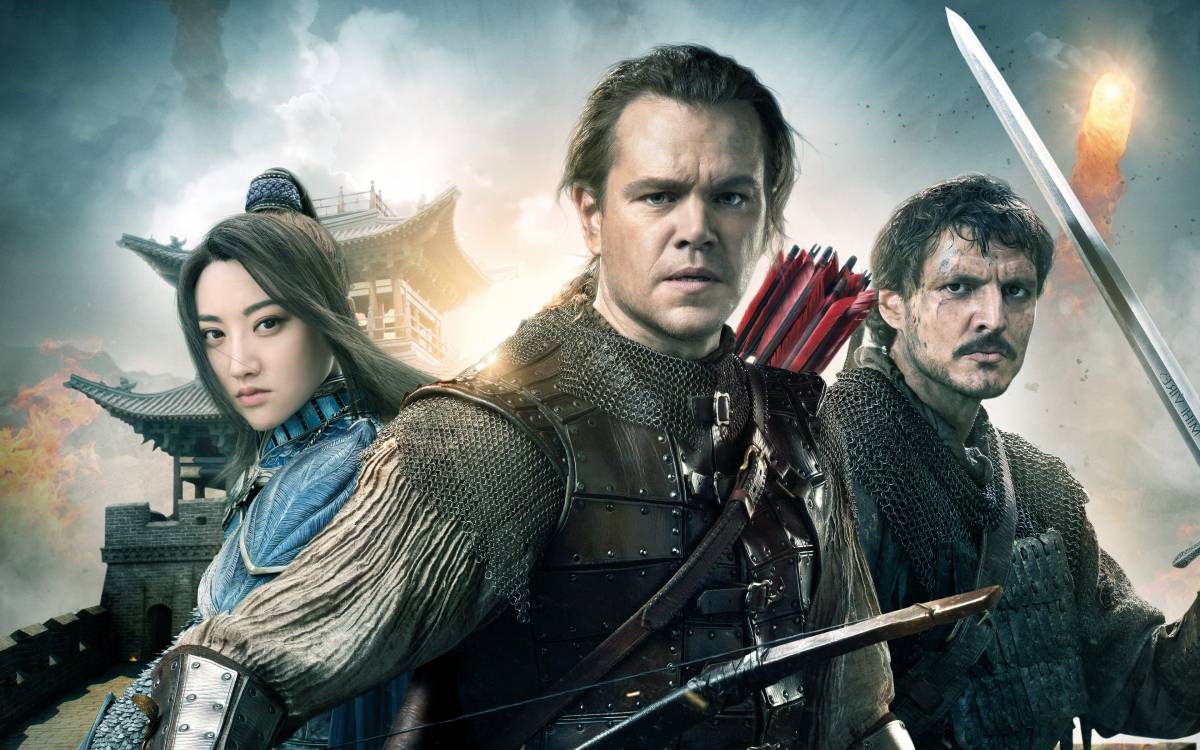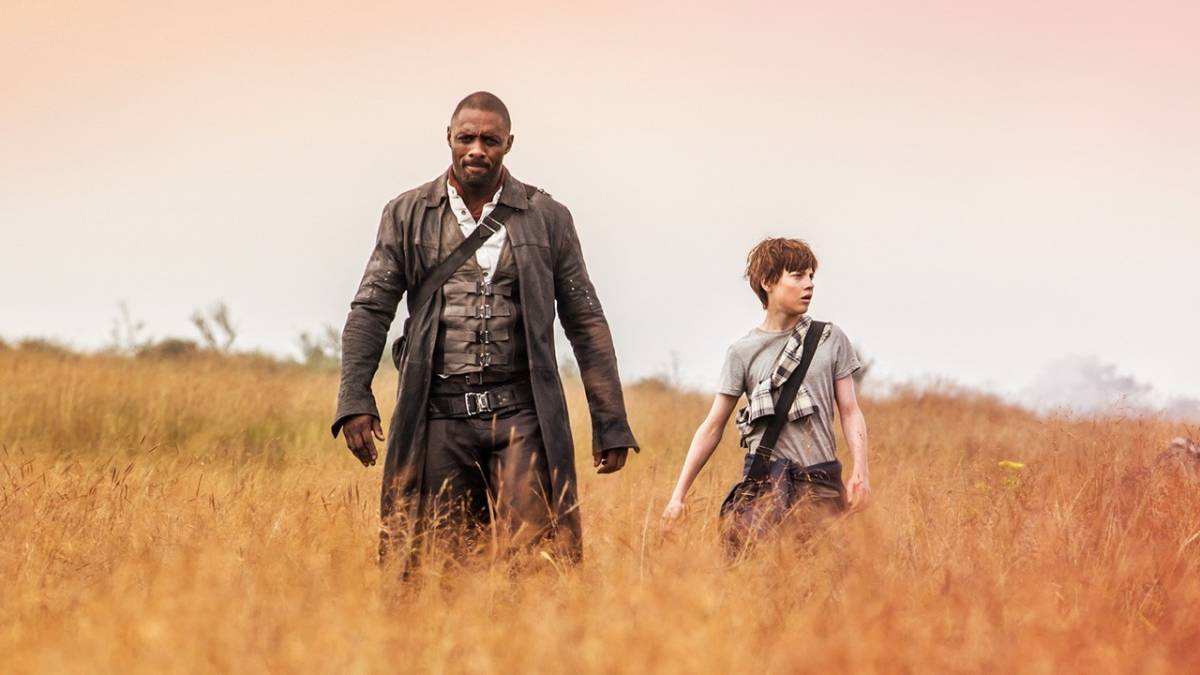Let’s be honest here. It has not been a good year for movies so far, both in terms of box office returns or, truthfully, in terms of quality either. Hollywood had the worst performing summer it has had in many years, and a huge number of remakes and sequels flooded our screens, many of which have under-performed. There are way too many examples to be comprehensive about this fact; Cars 3 failed to hit any of Pixar’s usual dizzy heights. Pirates of the Caribbean: Dead Men Tell No Tales did not do well in the US, nor did Transformers: The Last Knight, franchises that should have done well.
And then there’s that trouble with quality too – I am not even sure that the brilliance of Wonder Woman or Logan can ever make up for the abomination that is The Emoji Movie.
There are, therefore, a lot of box office flops to choose from. These aren’t necessarily the biggest losses in financial terms, but they are five of the movies that were giant disappointments all round.
Ghost in the Shell

The trouble for Ghost in the Shell started before it was even released, with a lot of controversy surrounding the casting of white actors in a film based on a manga, particularly Scarlett Johansson as the main character. There were even reports that the filmmakers had tried out some CGI to make Johansson ‘look Asian’, which didn’t help the film’s case at all when defending the casting.
Released in March, the film opened to bad reviews on top of those casting criticisms. A lot of reviewers seemed to be in agreement that the film looked stunning, but that the story was unoriginal and boring, and it also probably didn’t help that it was up against Beauty and the Beast (the best performing film of the year). Ghost in the Shell closed with an estimated loss of about $60 million.
King Arthur: Legend of the Sword

Guy Ritchie’s new take on the King Arthur story was released in May, at the start of that disastrous summer season, and if that was an omen, it was a pretty scary one for Hollywood. With a budget of $175 million, King Arthur: Legend of the Sword only managed to gross $148 million worldwide, a gigantic loss. If we were hoping for a fun spin on the legend, in the same vein of the fun spin Ritchie put on Sherlock Holmes a few years ago, we were disappointed – much of the criticism was that the actual story of Arthur had been decimated to make room for action sequences and madcap adventure.
There were apparently plans for this to be the first in a six film franchise, but I fail to see how any film that bombs so badly can be the first of anything.
Valerian and the City of a Thousand Planets

youtube.com
Luc Besson, he of The Fifth Element, personally funded and crowdfunded this film to find the budget of $180 million, a budget that made this the most expensive independent movie ever made. Valerian and the City of a Thousand Planets was released in the summer, but Hollywood at least isn’t responsible for this one, which must be a relief, as it lost around $135 million and finished fifth on its opening weekend in the US. It opened better in France, the country that originated the source material it is based on, but that wasn’t enough to save it.
Reviews for the film weren’t great, with a lot of the criticism focused on the poorness of the plot and the performance by the leads, Dane DeHaan and Cara Delevigne. Fans of Besson and the original comics were generally kinder in their reviews, but the numbers don’t lie, and Valerian’s numbers are pretty terrible.
The Great Wall

The Great Wall is the most expensive movie to ever be shot entirely in China, and was supposed to usher in a bright new future of American-Chinese movie collaboration. Directed by the popular Zhang Yimou and starring Matt Damon, it was to be an example of how the mammoth industries of the US and China could work together successfully. That did not happen; it performed badly in the US, with box office returns of less than $50 million, and although it did better in China, with returns of almost $171 million, it was even considered a flop there. Overall, the film lost around $75 million.
A large part of the problem could have come from the controversy surrounding the white actors in a Chinese setting, although on release it became clear that the film was not quite guilty of whitewashing in the same way that The Ghost in the Shell was, for example. This could have been part of the reason that the film did not well outside of China, although the general reviews and ratings were also not good.
The Dark Tower

It has been a mixed summer for Stephen King movies; as it stands, IT is the fifth best performing film of the year, and it hasn’t closed yet in most countries. The Dark Tower, however, a sequel to King’s eight book series of the same name, has turned out to be a weird one since it was released in August. It is supposed to have been the launch of a TV and film franchise – sound familiar? – but has been almost universally panned by critics. In terms of box office losses, it hasn’t actually been completely devastating, but as the budget was only a relatively small $60 million to begin with, Sony can’t exactly brag much about it.
The film has been years in the making, which makes its average rating of 15% on Rotten Tomatoes all the more devastating, with universal criticism of its pacing, storyline, and simplistic take on King’s epic novels. Add in some choice words said about the performances of many of the stars, including Idris Elba and Matthew McConaughey, and The Dark Tower has pretty much had the worst possible critical response it could have had.
Box office stats taken from www.boxofficemojo.com
Some of the coverage you find on Cultured Vultures contains affiliate links, which provide us with small commissions based on purchases made from visiting our site.

